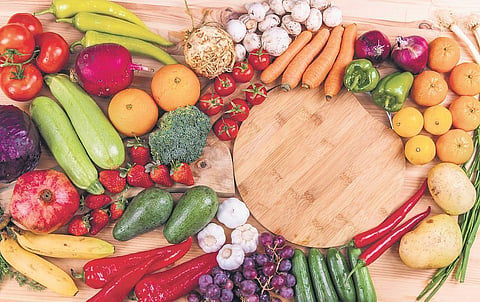

CHANDIGARH: A farmer from Nanj village in Karsog valley in Mandi district of Himachal Pradesh, Nekram Sharma, has been conferred with the prestigious Padma Shri award for his contribution in agriculture, especially organic farming. Over three decades ago, Nekram tried for a government job but was unsuccessful. He turned to the 22 bighas of his family land lying unused and started growing fruits and vegetables. He also experimented with organic farming and adopted old farming techniques.
Sharma has been growing nine types of grains through organic farming. However, his responsibility has now increased manifold as he will have to work at least 18 hours a day as against 14 hours earlier. “It is the International Year of Millets. In the coming festival in Mandi, In the upcoming agri fest in Mandi, I have requested district administration that I should be allowed to put up two stalls – one in which I could display millets and the other to cook and serve to the public so that people know the benefits of millets,’’ he said.
People call him a ‘saviour’ of indigenous seeds as Nekram has adopted nau-anaj (nine-crop pattern) practice, an intercropping method in which nine food grains are grown on the same piece of land. In 2010, when he implemented Nau-Anaj, it inspired other farmers in the region as well, prompting them to form Parvatiye Tikau Kheti Abhiyan (PTKA), a cooperative of farmers.
Since then, thousands of farmers have connected with him with demands coming from Punjab, Haryana, UP, Rajasthan, Gujarat, and Telangana. The farmers visit him to buy the seeds, but those who cannot, request their supplies by courier, which he does. He cultivates foxtail millet, maize, finger millet, buckwheat, Amaranthus rajma, urad dal, moong and beans.
“In a year, one can grow 18 crops (9 each for kharif and rabi). This cropping pattern has multiple benefits as it not only raises soil fertility but also causes less water consumption with almost zero input costs. There are around 20 indigenous seeds, including eight types of millets, three varieties of wheat, through intercropping system,’’ he said.